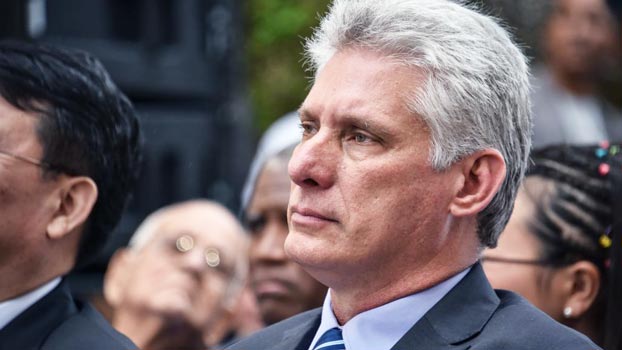
After 10 years in office, Cuban President, Raul Castro has stepped down as the country’s president. Miguez Diaz-Canel has been elected by the country’s one-party parliament as his successor.
The shift in leadership has ushered in the island’s first non-Castro leader since the 1959 revolution which ousted the United States-backed regime of former dictator, Fulgencio Batista.
The 86-year-old Raul Castro had announced his departure several years ago and signalled the 57-year-old Diaz-Canel as his likely successor, carefully managing the transition to ensure political continuity.
The move to a younger generation of communist leaders is quite historic on the island which has been dominated for nearly 60 years by Fidel Castro and his brother, Raul. It most probably heralds major changes to the country’s one-party system or state-dominated economic model.
Political observers in the country say Diaz-Canel, an electrical engineer who has successfully climbed the ranks of the Communist Party is expected to breathe life into Cuba’s creaking economy but would seek Castro’s approval on major strategic decisions such as the relationship with the United States.
Though relatively unknown to Cubans, Diaz-Canel who also embraces technology is also expected to be cautious at first, seeking to consolidate support among party conservatives despite the desire among Cubans for a faster development.
Raul Castro, who had served for decades as the Defence Minister, became the country’s president in 2008 when Fidel, his brother formally handed over power following his failing health. Fidel died in 2016 at the age of 90.

White House Says Military Option Open On Greenland Acquisition
Trump Calls Case Against Maduro “Infallible” Ahead Of U.S. Court Appearance
South Africa Raids U.S. Refugee Processing Centre, Arrests Seven Kenyans
Time Magazine Names AI Visionaries ‘Person of the Year’